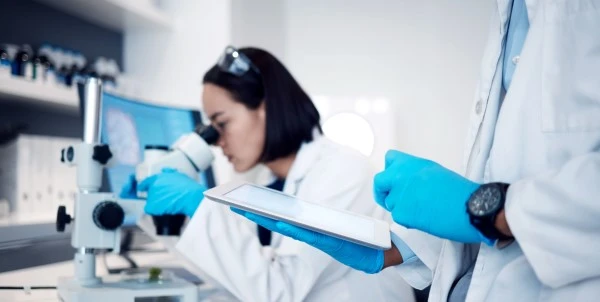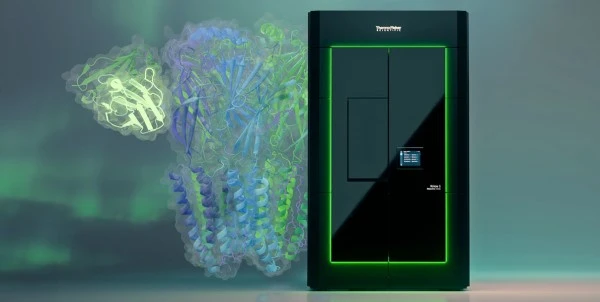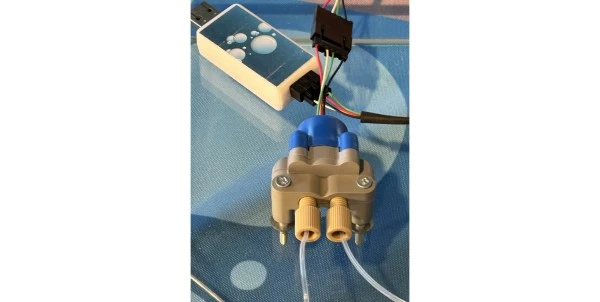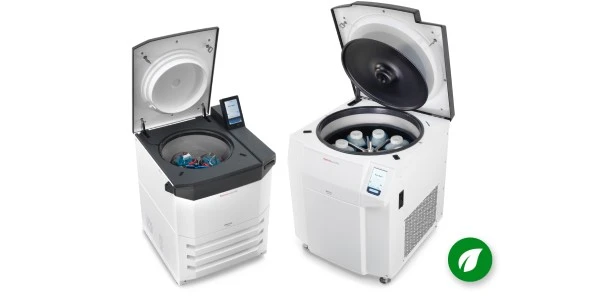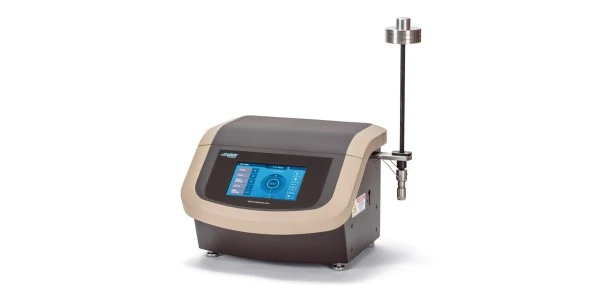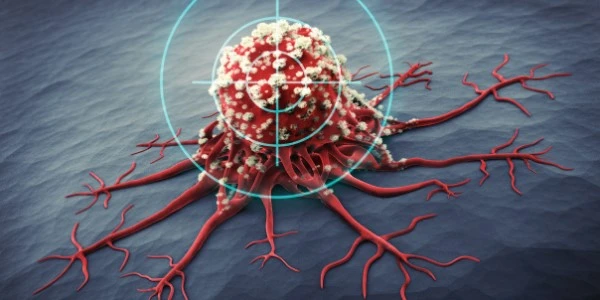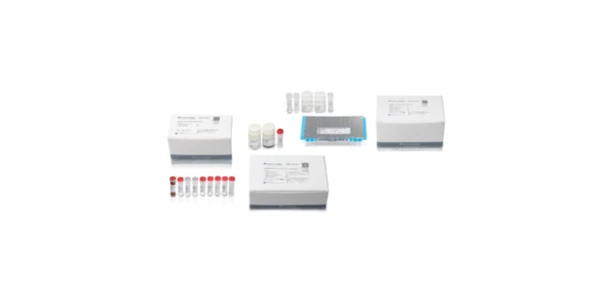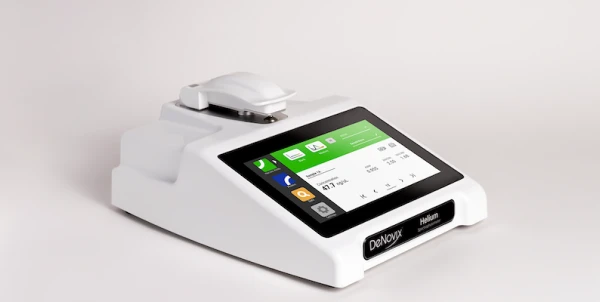Laboratory Incubator Buying Guide
Choosing the right features and specifications for your applications
Laboratory incubators are essential tools for scientists and researchers working in a variety of fields, including cell biology, microbiology, and biotechnology. They provide a controlled environment for growing and maintaining cells, tissues, and organisms under specific temperature, humidity, and other conditions. When shopping for a laboratory incubator, there are several important factors you should consider to ensure that you choose the right one for your needs.
Size and Capacity
Consider the size of the incubator and the amount of space available in your laboratory. Incubators range in size and capacity, from small benchtop models to large floor models. Units can be stackable and modular to accommodate space and functionality. Consider the size of the samples and the need for scale-up to ensure the proper equipment.
Temperature Range
Temperature ranges can vary according to the type of unit. The accuracy of temperature can range for example from +/- 0.1° C to +/- 0.5° C or more. Be certain the unit can satisfy your temperature and accuracy needs. The precision of temperature throughout the unit is also a consideration. For this reason, water-jacketed versus dry heat technology should be evaluated with the possibility of multiple probes for temperature mapping to ensure cabinet consistency. Finally, temperature set point recovery times following an event such as door opening should be considered.
Humidity Control
Humidity affects the growth of cells and microorganisms and it is almost always a consideration. Some units have internal humidity control. Others require external controllers. Water-jacketed units can vary significantly from dry heat units in this regard and special attention should be given to the requirements for humidity control.
Gas Control
Many incubation applications require control of gas levels. These most commonly include CO2 but can also involve N2 and O2 levels. Be certain to evaluate the built-in gas control and their ability to handle multiple gases (if necessary), as well as tank, valve, and regulator specifications.
Shelving and Tray Options
Incubators often come with adjustable shelves or tray options that allow custom configurations depending on the size and scale of the samples. Be sure to choose a unit that can accommodate the variation in shelving needed for the range of incubation applications.
Safety Features
Incubators can generate heat and gases. They also have the potential for the growth of bacteria and mold. It’s important to choose a unit that has safety features such as over-temperature alarms, gas leak detectors, and fire suppression systems. This will ensure the samples as well as the lab space are protected.
Remote Operation and Data Logging
Advanced incubator systems may have remote operation capabilities which allow conditions to be monitored and adverse events to be logged. These handy features help in troubleshooting when results go awry, and cells fail to propagate as planned.
Decontamination
All units have a system of decontamination to prevent bacteria or mold from interfering with normal cell cultures. The outgrowth of mold and Mycoplasma can be a persistent problem if proper measures are not in place. Dry heat incubators can use high heat settings for decontamination whereas water-jacked units can use UV light. Be sure to evaluate the sterilization features of systems to ensure that adequately address your needs.
Brand, Reputation, and Price
The track record of brand performance, customer support, and price are all important considerations to ensure the system fits your budget and creates a maximum return on investment.
Looking to shop for Laboratory Incubators? LabX.com has a wide variety of new, used, and refurbished instruments, components, and accessories available: Shop Now
